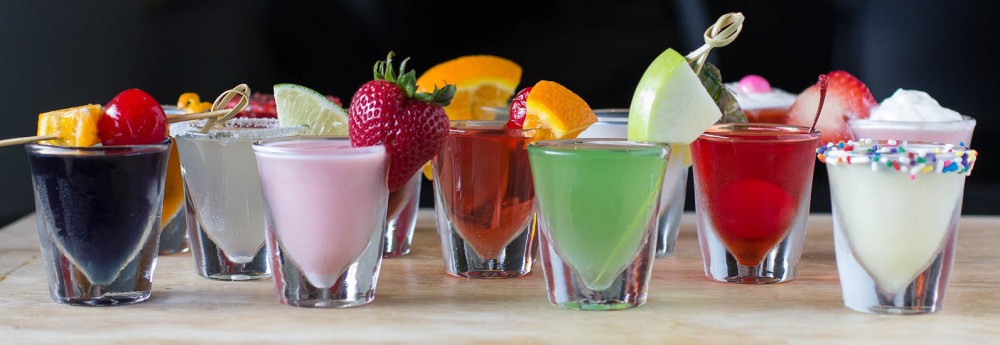As exams approach and essay deadlines loom, we’re all asking ourselves one question. Not “why didn’t I do the readings earlier in the year?”, but instead “what am I going to do this summer?”
According to some, the answer is simple: Get a part-time job to fill your time and earn money for the following year, whether it be as temporary restaurant staff, on a shop floor, cleaning pub toilets at four in the morning, or going abroad to do any and all of the above. Whatever it is, you’ll probably be at the mercy of the minimum wage. But, with four months of summer to fill, you’ll be earning money no matter what menial labour job you do.
You promised you’d save it, but next thing you know you’re buying Tesco vodka and two-for-one Jaegerbombs at Diceys on student nights.
And so, what to do with all this cash? You promised you’d save it, but next thing you know you’re buying Tesco vodka and two-for-one Jaegerbombs at Diceys on student nights. And if Facebook didn’t have enough evidence of the aftermath, there’s always the morning-after selfie to confirm to your peers that the forty quid you had left in your bank account yesterday is mostly gone. As students, most of us live on meagre food and lifestyle budgets throughout the year. We may go out, but we do have some restraint. But when did part-time summer jobs turn into a toxic booze-bust cycle? Is society fuelling a distorted set of rules when it comes to pocket spending? It’s not uncommon to find students bingeing on last night’s takeout for breakfast after a night of drinking on the town, but it’s difficult to understand how students who can’t afford a €3 box of cereal can splash out in excess of €30 on alcohol consumption that same day.
Serious questions should probably be asked about how student incomes are being spent, and how they impact upon academic performance. The health risks of too much alcohol are well known, but little research discusses how alcohol may be sustained by student earnings. Part-time jobs are often seen as the glory of student life, bring together our two favourite concepts – independence and money. But in a society where a student’s social life is sponsored by alcoholic beverages, where do we start taking responsibility for how our money is spent? As students emerge from university, is it acceptable that part of the desire for an immediate graduate salary is to sustain these lifestyles of alcohol and excess?
Work experience with a charity or project could be more fulfilling than tequila shots.
Although it’s great to work in certain industries – cheaper clothes and free Avoca soap are some of the perks I’ve had so far – I can safely say that I can think of other ways to feel good about myself this year. Minimum-wage jobs to fund nights out don’t need to be the only option we consider this summer. Work experience with a charity or project could be more fulfilling than tequila shots. Or hours spent clearing dishes and re-hanging clothes could fund a trip abroad, an exciting experience, or even just something nice for someone in your family, rather than lining the pockets of Dublin’s bar scene. While everyone should spend their money however they wish, it might be something to consider if you’re only doing it to keep up with the crowd.







